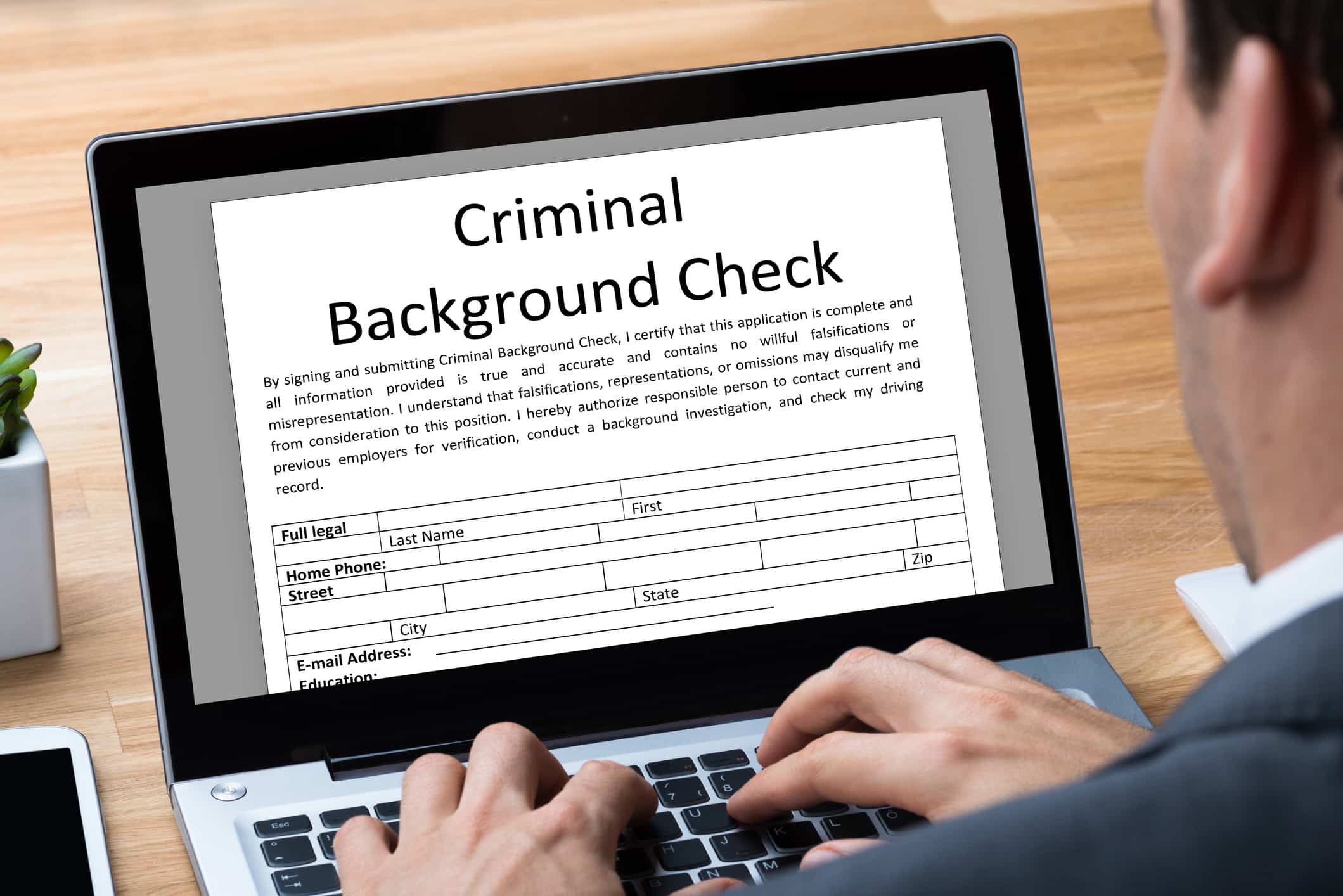Is It Difficult for You to Find Housing or Employment?
In the U.S., over 70 million people have criminal records. Due to these records, people are often subject to regulations and laws that limit their rights. How can you avoid the most serious consequences of a criminal record? Ask a Fort Lauderdale expungement attorney to help you.
Having a criminal record may lead to consequences that are arbitrary, unreasonable, and entirely unrelated to an arrest or a criminal conviction. Even a conviction for a non-violent misdemeanor may show up on background checks for as long as you’re alive.
Anyone may now conduct a background check merely by going online. If prospective employers have rejected you, or if you’ve been turned down for housing, it may be due to your criminal record.
What is “Sealing” or “Expunging” a Criminal Record?
In the State of Florida, however, many criminal records may be expunged or sealed. Not everyone qualifies for expungement or sealing, and the process is not easy. You’ll need the services and advice of a Fort Lauderdale expungement lawyer.
Expungement almost entirely deletes a criminal record, and sealing restricts the public’s access to a criminal record. In many cases, when a criminal record can’t be expunged, you may be allowed to seal the record and prevent the general public from viewing it.
Sealing your criminal record means that the State of Florida will make that record inaccessible to the public at large, including landlords and most employers.
Under What Circumstances May Sealed Criminal Records Be Disclosed?
If your criminal record is sealed, its existence, but not the details of the record, may be disclosed if:
- You apply to purchase a firearm.
- You are subsequently charged with another crime.
- You seek access to or employment at a Florida seaport.
- You apply for a license to practice law in Florida or a job in Florida law enforcement.
- You apply for a license, contract, or job with the Florida Department of Juvenile Justice, the Department of Children and Families, the Agency for Persons with Disabilities, the Agency for Health Care Administration, or the Florida Department of Education.
- You apply for a contract or a job with a private or public childcare facility or school.
When Criminal Records Are Expunged, What Happens?
Expungement is comprehensive. When a criminal record is expunged, it is physically destroyed and no longer available, with a single exception. A copy will be held by the Florida Department of Law Enforcement for disclosure, if it becomes necessary, to police agencies in Florida.
Both sealing and expunging your criminal record legally allow you to tell a landlord and to tell most potential employers that you have never received a criminal conviction.
How Do You Seal or Expunge a Criminal Record in Florida?
Whether you’re expunging or sealing a criminal record, you begin by requesting, with the help of your Fort Lauderdale expungement lawyer, a Certificate of Eligibility to Seal or Expunge from the Florida Department of Law Enforcement (FDLE).
You must receive your Certificate of Eligibility before the expungement or sealing process may continue. Before it issues you a Certificate of Eligibility, the FDLE will determine if you are legally eligible to request expungement or sealing from the court.
Merely meeting the qualifications does not guarantee that you will be allowed to seal or expunge your record. If that record includes a domestic violence conviction, a violent felony conviction, or multiple arrests and convictions, expunging or sealing your record may be difficult.
How is a Criminal Record Expunged or Sealed?
How will a Fort Lauderdale expungement attorney help you seal or expunge your criminal record? If you obtain a Certificate of Eligibility and meet several other requirements, the law in Florida provides for several different expungement and sealing procedures.
For example, if an adult or a juvenile was wrongly or mistakenly arrested, the record of that arrest may be expunged without a court hearing after you and your lawyer apply to the FDLE for the record’s expungement.
To seal or expunge the record of a criminal conviction, your attorney will request a court hearing to have the record expunged or sealed. Florida’s courts have the final authority over this state’s criminal records.
What is Considered at a Sealing or Expungement Hearing?
Submitting a petition to seal or expunge a criminal record entitles you to a hearing to determine if the circumstances, facts, and public interest justify your request to seal or expunge the record. If your petition is denied, the court must issue a written statement that explains its decision.
The court must consider all of the circumstances and details of the case. According to this state’s Fourth District Court of Appeals, if there is no good reason to deny your request for expungement or sealing, you are “entitled to relief.”
Because teenagers often make mistakes, learn their lessons, and grow into law-abiding adults, most juvenile records in Florida may be expunged rather easily, but expunging an adult criminal record may be more difficult.
How is a Juvenile Criminal Record Expunged or Sealed?
If you established a criminal record while you were a juvenile, you may be eligible for one of these procedures: juvenile diversion expungement, early juvenile expungement, or automatic juvenile expungement.
If you successfully completed a juvenile diversion program for a misdemeanor, you may request a juvenile diversion expungement. Those from ages 18 to 21 may qualify for early juvenile expungement if there have been no criminal charges or convictions within the last five years.
However, a minor’s criminal record is expunged automatically at age 21 (or at age 26 if the minor was sentenced to a prison or juvenile correctional facility), provided that certain requirements are met, such as having no “forcible” adult felony arrests or convictions.
Why is an Attorney’s Help Essential?
If you’re seeking to expunge or seal the record of an arrest, a criminal charge, or a criminal conviction, you’ll need the right lawyer’s help from the start. The legal paperwork needed for expungement or sealing is extensive, and it must be completed thoroughly and accurately.
A mistake or misunderstanding may delay the process or even cause your petition to be denied by the court, but the right South Florida expungement lawyer will ensure that there are no inaccuracies in your paperwork and no needless delays in the process.
Who Should Help You Seal or Expunge Your Criminal Record?
If you qualify, you have the right to expunge or seal your criminal record, and you should exercise that right immediately. The legal team at George Reres Law will determine if you meet the requirements, and if you do, we will guide you through the sealing or expungement process.
To learn more – or to begin the sealing or expungement process today – contact the award-winning attorneys at George Reres Law as quickly as possible. Call us now in Fort Lauderdale at 954-543-1186 to schedule your first legal consultation without any cost or obligation.

 954-543-1186
954-543-1186
 Call Us Now
Call Us Now


